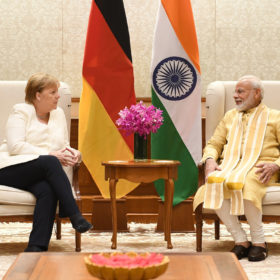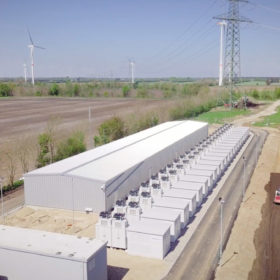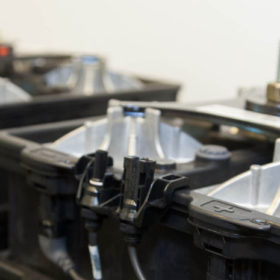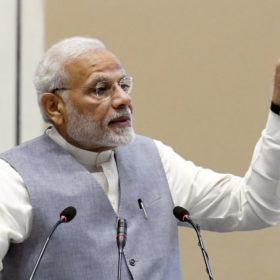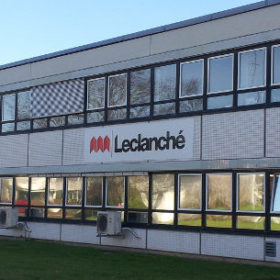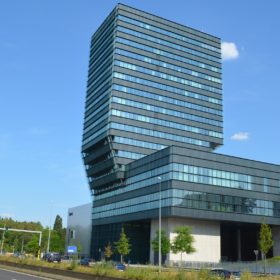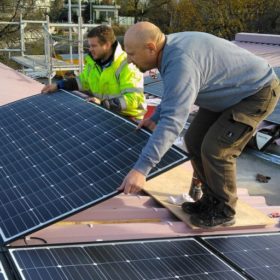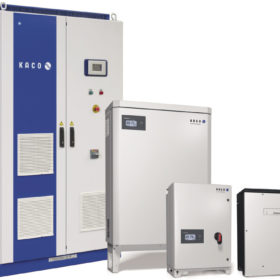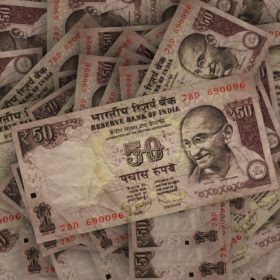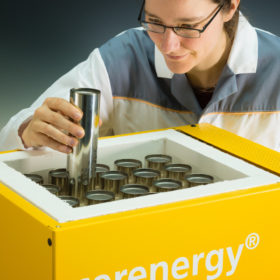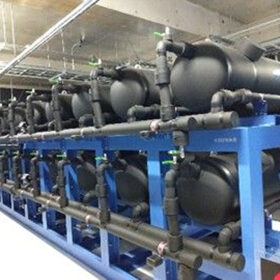Now green urban mobility to get one billion euros boost from Germany
Having extended around two billion euros for clean energy projects, Germany will now support India in improving green urban mobility infrastructure, solutions and services in cities. Furthering its support for clean energy transition, it will also provide concessional loan of 200 million euros for a DISCOM investment facility in India.
Energy storage installations to grow 122-fold by 2040; India among top 3
The global installed capacity will grow from a modest 9 GW/17 GWh as of 2018 to 1,095 GW/2,850 GWh in the next two decades. Just 10 countries will account for almost 75% of the overall gigawatt market, with China, USA, India and Germany leading the pack.
Battery maker CATL ramps up investment in German gigafab to €1.8 billion
Previously, a mere €240 million (Rs1,870 crore) was set to flow into the giga-factory. The corporation’s management reasoned new demand for its battery cells made more investment necessary.
Europe announces plans for battery gigafactories
In news that will add urgency to Indian government efforts to establish a domestic storage industry, funding has apparently been secured for 16 GWh-plus production lines in Sweden and Germany. Is India at risk of being left in the starting blocks?
Enertrag, Enel and Leclanché commission German storage project
With Leclanché due to open a module and battery pack assembly line in Gujarat alongside JV partner Exide Industries by the end of next month, the Swiss storage solutions company has been active nearer its home market.
Imec, Jolywood announce 23.2% front-side conversion efficiency for n-PERT bifacial cell
The result was certified by the solar cells laboratory at the calibration and test center of Germany’s Institute for Solar Energy Research. Imec’s measurements showed cell bifaciality surpassed 80%.
Sunman brings glass-free PV modules to the market
Power provider Stadtwerke Waldkirch has built a 264 kW PV system in Germany with Sunman’s glass-free modules, as a titanium rooftop at the project site made it impossible to use conventional modules.
Siemens bids to take over fellow inverter maker Kaco
The German powerhouse – which makes central inverters for PV projects in India – wants to complete the acquisition by July. Indian employees will be hoping target company Kaco’s disposal of its central inverter operation last month will avert job losses by removing any potential overlap between the manufacturers.
India leads region as volume of corporate clean energy smashes record
The nation saw 1.3 GW of renewable energy secured for business through private PPAs in 2018, almost twice as much as the volume recorded in Australia, but the picture could change next year if China follows through with its renewable portfolio standard commitment.
Sodium-nickel-chloride battery could fit the bill for India
The new ‘cerenergy’ system that has been developed in Germany can operate without air conditioning by using vacuum insulation even in extreme temperatures. With no rare earths required for manufacture, the product’s basic material is salt.
